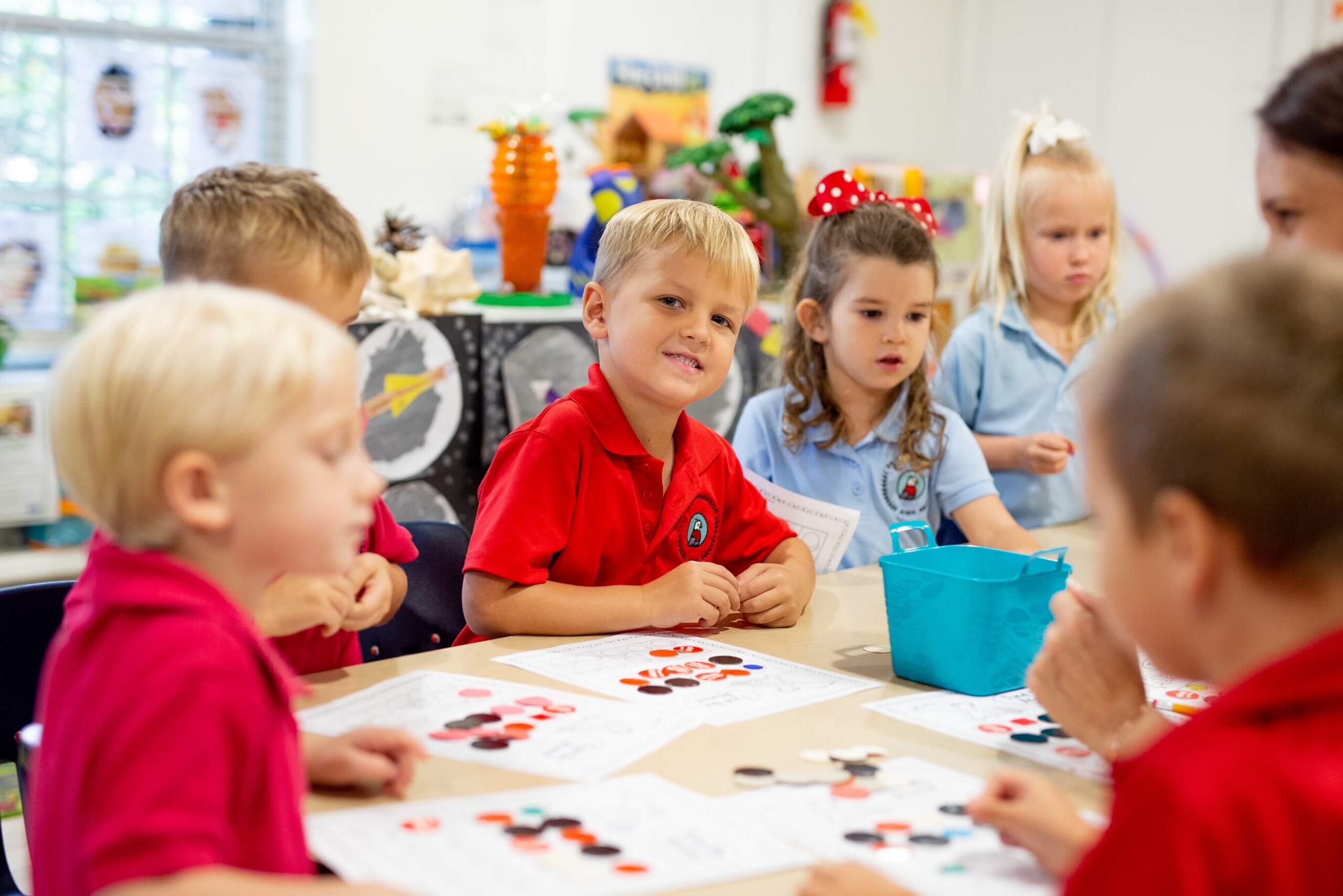As a parent seeking the best infant care in Delray Beach, you want your child to have the best experiences, often involving traveling. Trips to new places are unique opportunities for children to get to know new cultures, open their minds, learn about the world, and, more importantly, have fun. However, traveling with children can be chaotic unless you are well-prepared.
Trips can be stressful for kids, from being in new and unknown places to adapting to different cultural standards. To help you ensure a fun experience and guarantee your child learns a lot, we created this guide on how to travel with kids!

The Importance of Traveling for a Child’s Growth
We live in an era of tremendous global openness. Nowadays, traveling is more accessible, making it possible for children of all ages to learn about the world around them, understand cultural differences, and explore new, unseen ways of life.
Children now have access to opportunities that were previously only a pipe dream. However, there’s a common misconception that waiting until a child is old enough to fully enjoy a trip is best. Traveling can have several benefits for toddlers and young children.
What Can Traveling Do for Children?
- Foster responsibility by making them pack their clothes
- Cultivate curiosity by showing them new places
- Build flexibility by allowing them to adapt to sudden changes
- Help develop empathy and increase their interest in the surrounding world
- That being said, traveling with kids can also be challenging, especially if it’s your first time.
Whether you’re flying to the other side of the world or simply taking a road trip to the next town, the change in locations and new emotions of vacations can stress your child out, making them grumpy and moody throughout your trip. To prevent that and ensure they have a positive experience, here are some recommendations:
Prepare Your Kids Mentally for the Journey
The importance of preparing your child for a trip beforehand is often overlooked, but it can make all the difference.
Make sure to discuss the travel plans with your child ahead of time. Tell them about the interesting sights they will see or the unique cuisine they will savor. To make the prospect of sleeping somewhere new an adventure, show them photos of the hotel before the trip.
This will make it easier for the less enjoyable parts of the journey, such as long car or plane rides in uncomfortable seats. By piquing their curiosity, you can adjust their expectations and reduce anxiety about the upcoming journey.
If possible, include them in the planning process. Show them different destinations and let them pick. Older children may also enjoy taking charge of navigation, leading the way with paper maps or apps.
Pack Smart and Light
When it comes to packing for children, efficiency can save you a lot of trouble later.
Packing cubes can organize clothes by day or activity, which is very helpful when grabbing pajamas for a late-night hotel check-in. Pack entire outfits, including socks and underwear, in separate bags for easy access for younger children.
If you have multiple children traveling with you, use different pillowcases for each child or color-code the bags. These pillowcases can also double as laundry bags on the return trip.

Book Kid-Friendly Accommodations
Selecting suitable lodging is crucial if you’re traveling with kids. After all, you don’t want to be stuck in a hotel filled with young adults partying until 4 a.m. every night!
Seek out lodgings that offer amenities like:
- Child-friendly meals
- Babysitting services
- Family-friendly kits with toys, strollers, and highchairs
- Proximity to parks or playgrounds for active children
Try to Maintain Familiar Routines
Children thrive on routine, and travel can disrupt their sense of normalcy. Make an effort to stick to mealtime and bedtime routines. If you travel across time zones, gradually modify your schedule to reduce jet lag and irritability.
Additionally, aim to schedule outdoor activities in the morning. Natural light can help reset your child’s internal clock.
Create a Kid-Friendly Itinerary
Don’t overbook your days. While adults may appreciate historical sites and cultural attractions, children can quickly become tired and bored. Instead, tailor your plans to their interests. Incorporate frequent breaks at playgrounds, quirky roadside attractions, and ice cream or frozen yogurt shops.
Use local travel apps to find unique stops that cater to children’s curiosity and engagement.
Prepare for Delays
Delays and changes are inevitable during long trips. To manage potential stress for you and your child, prepare beforehand for any changes.
Have a surprise bag on hand with their favorite toys to pull out when they are bored. This can have items such as small LEGO sets, reusable sticker books, or fidget toys. For lengthy international flights, download a few episodes of their favorite shows on your tablet. Make sure to bring a range of snacks, like crackers, fruit slices, and granola bars. Hungry children can easily become grumpy! Bring a reusable water bottle for each family member.
Remember to check customs laws and food restrictions when traveling abroad.
Staying Safe and Healthy
When traveling with kids, safety and health should come first. Look for hotels with services like 24-hour security, child-proof amenities for rooms, and doctors on call. Lifeguards at swimming pools are also a must.
Additionally, well-kept, secure play areas can provide you with peace of mind while your kids have fun.

Learn About Children’s Care from the Best Infant Care in Delray Beach
Taking children on a trip can be both an adventure and a challenge. Whether you’re taking a road trip or flying, planning will make the journey much smoother. Obstacles are to be expected, but with preparation and creativity, you can turn them into opportunities for connection and fun.
Here at Neighborhood Kids, we always aim to ensure positive experiences for your kid. Contact us today if you’d like to learn more about education and best practices for infants!














